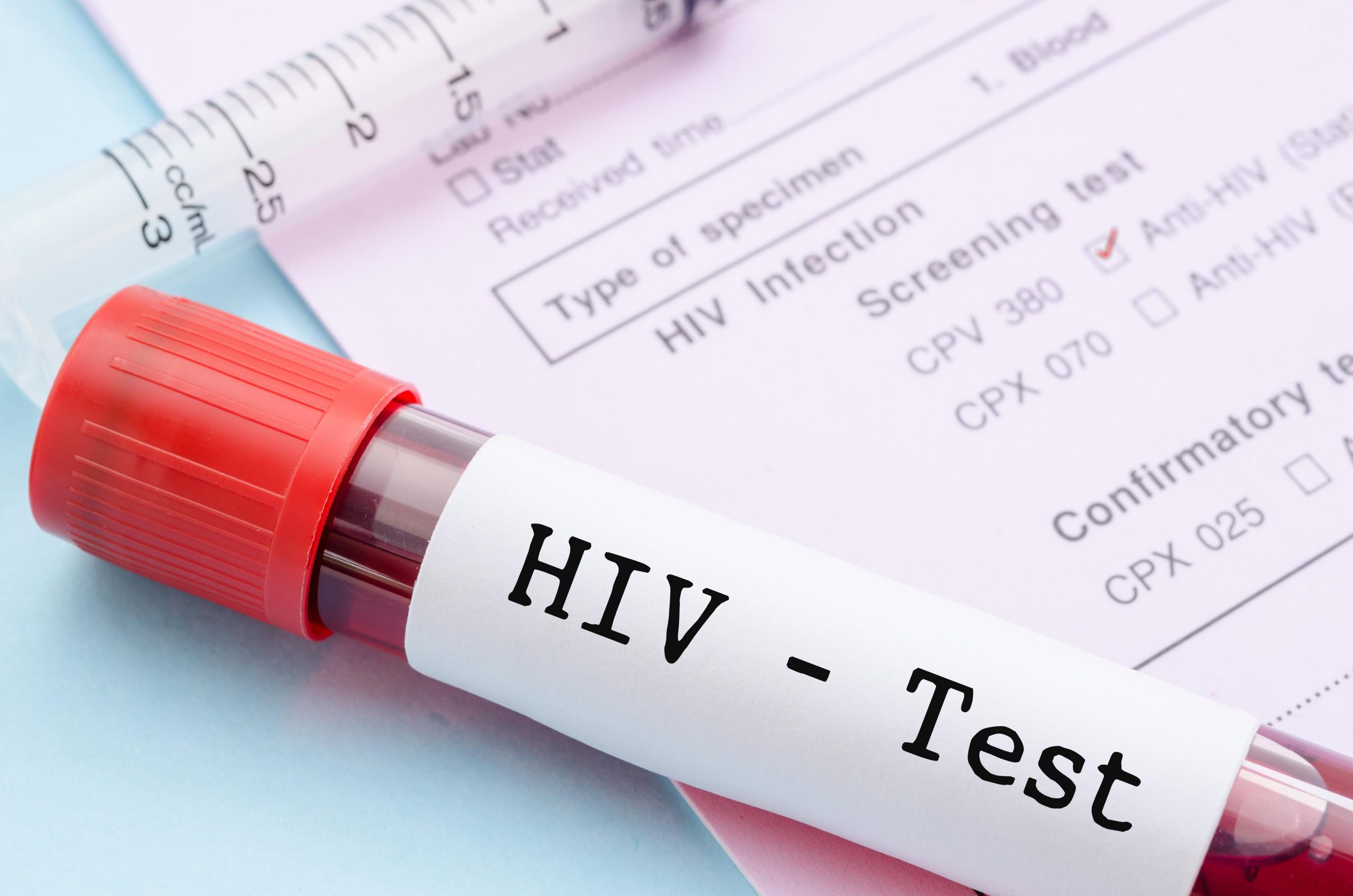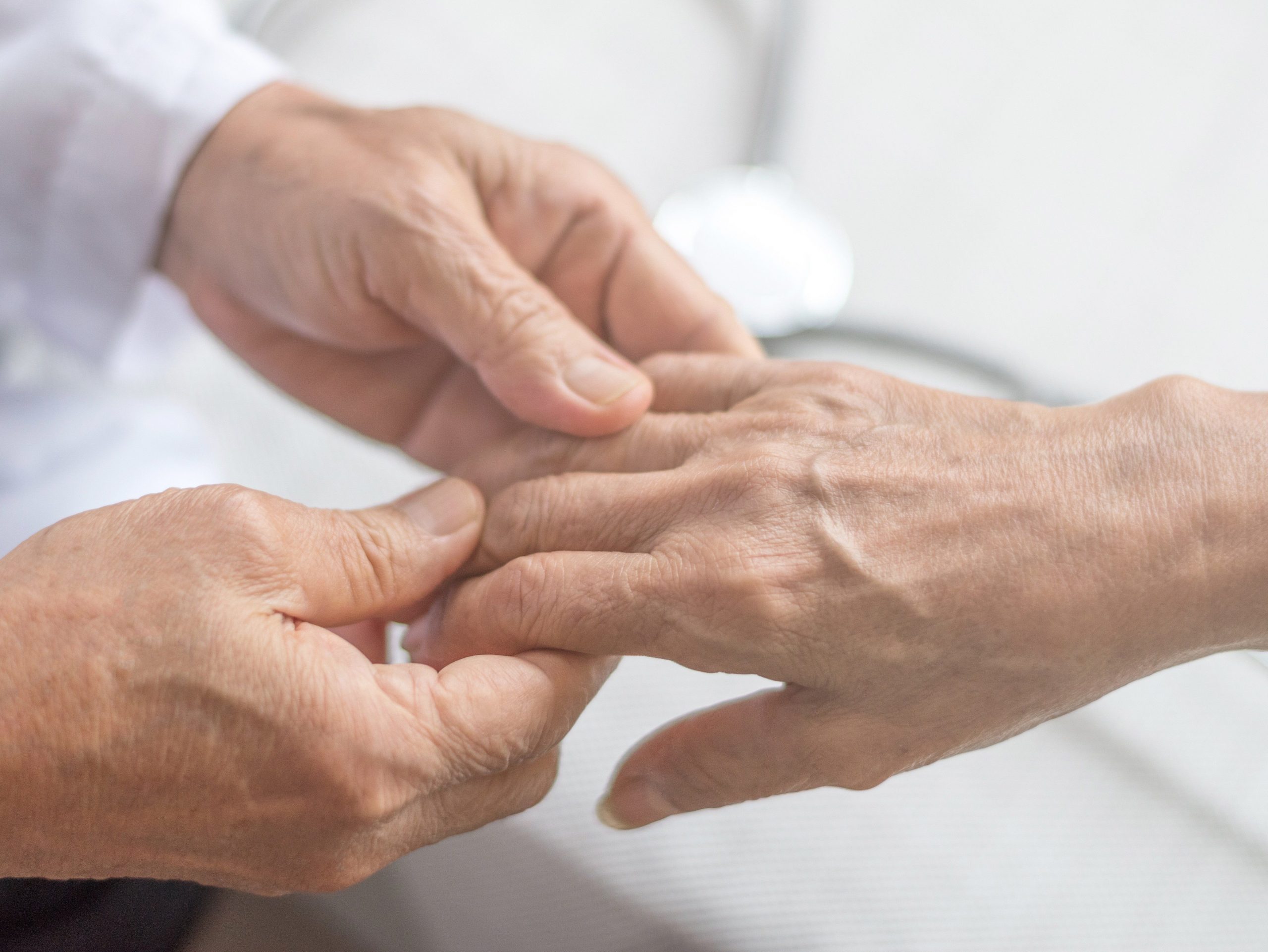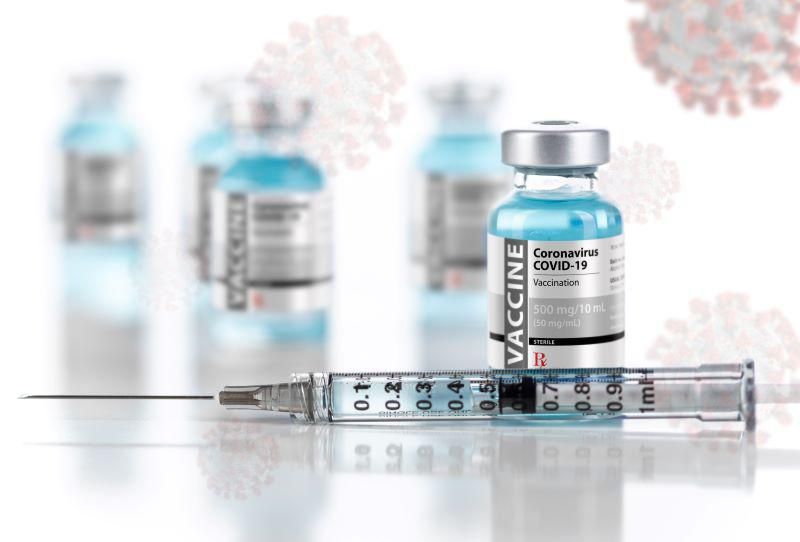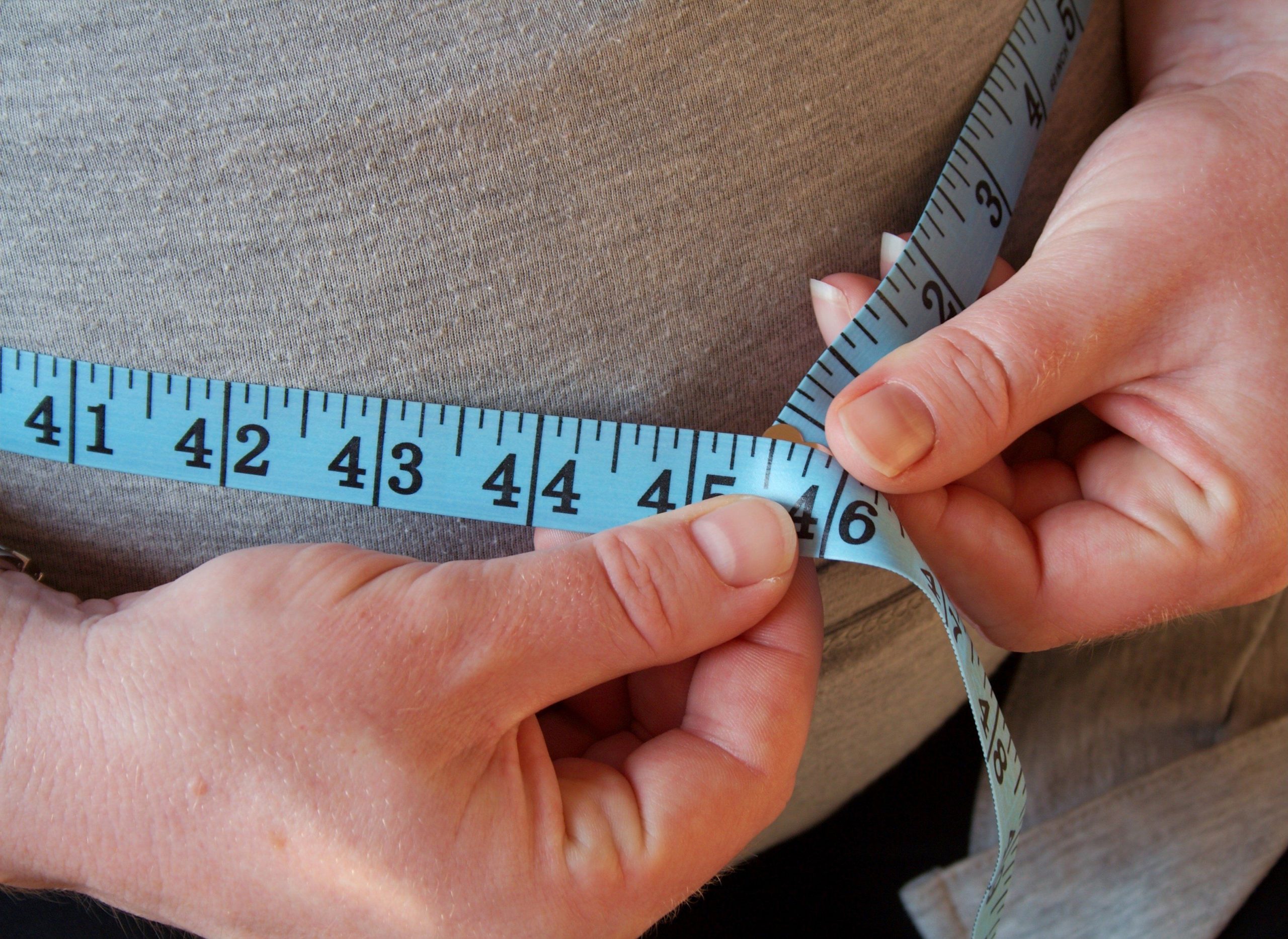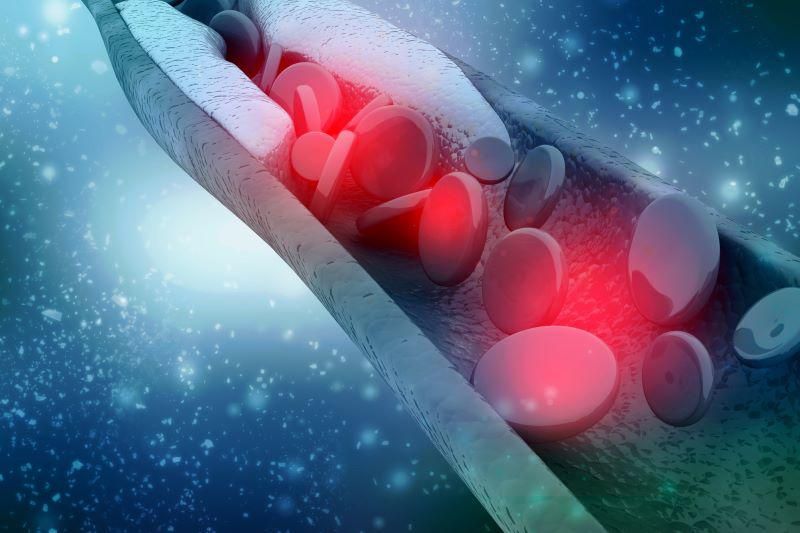
TUESDAY, Oct. 3, 2023 (HealthDay News) – Exposure to ubiquitous chemicals known as PFAS, or per- and polyfluoroalkyl substances, may delay puberty in girls, new research indicates. The study is the first to consider the role hormones play in the delay, according to researchers from the University of Cincinnati. Delayed puberty can lead to negative… read on > read on >










